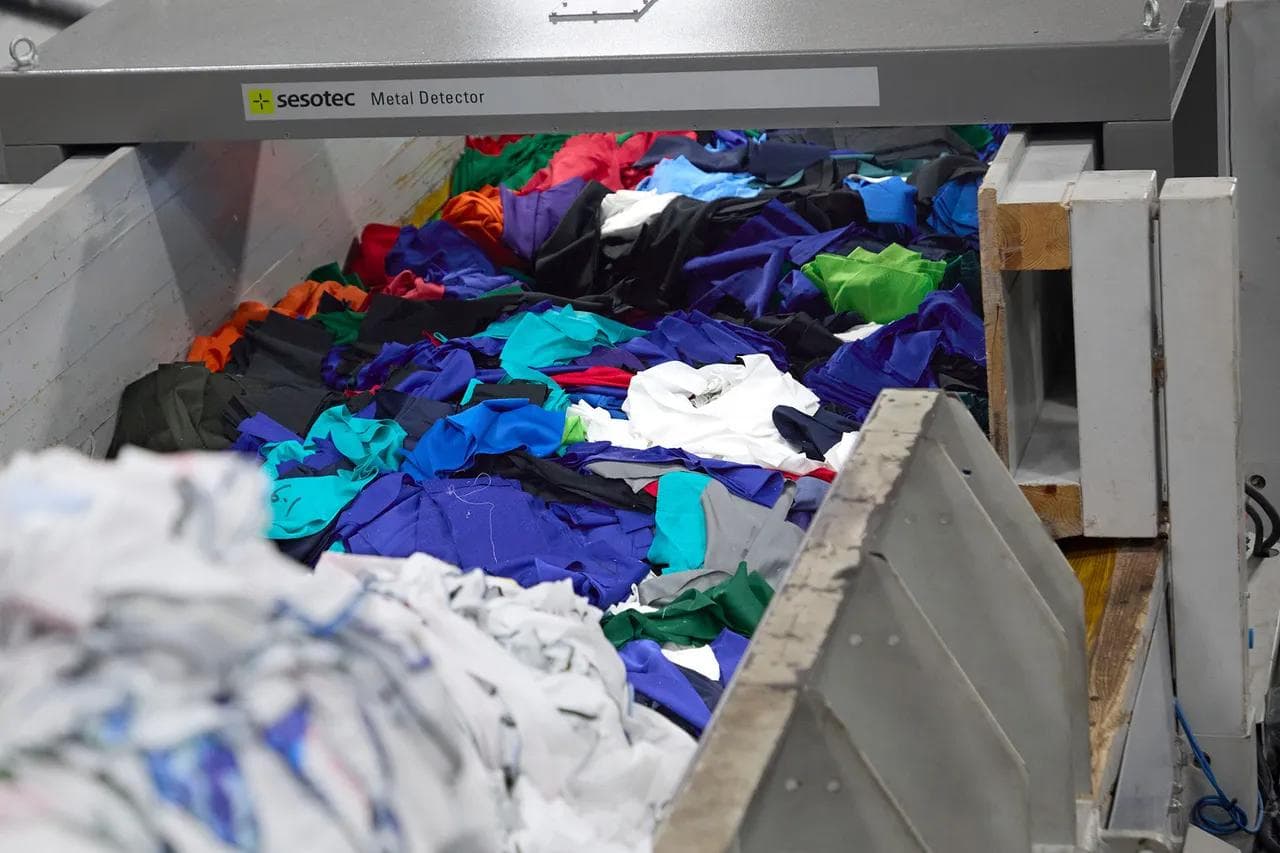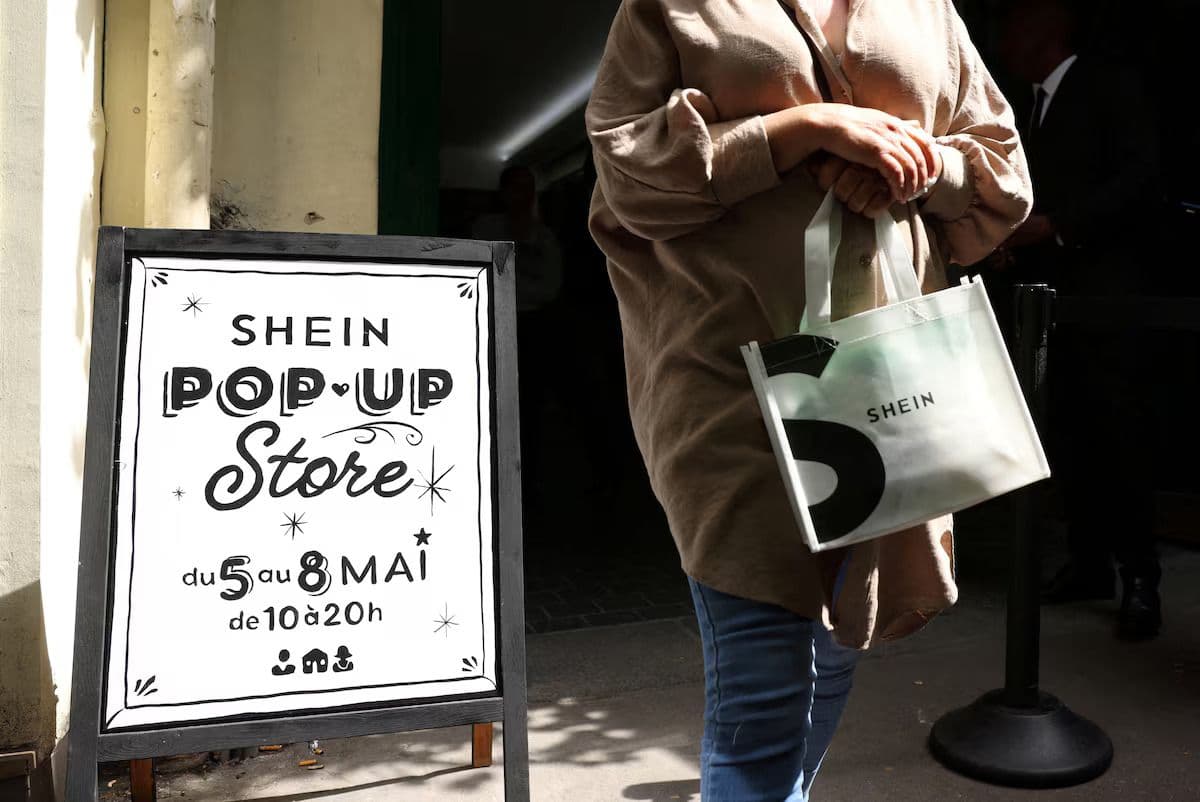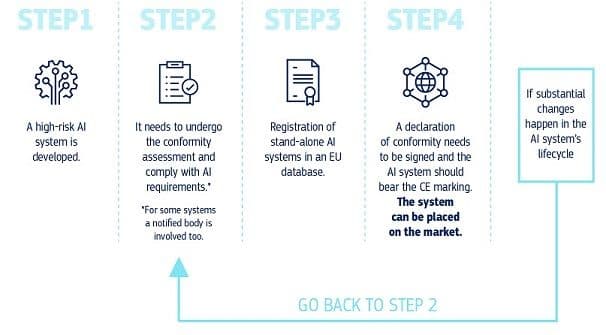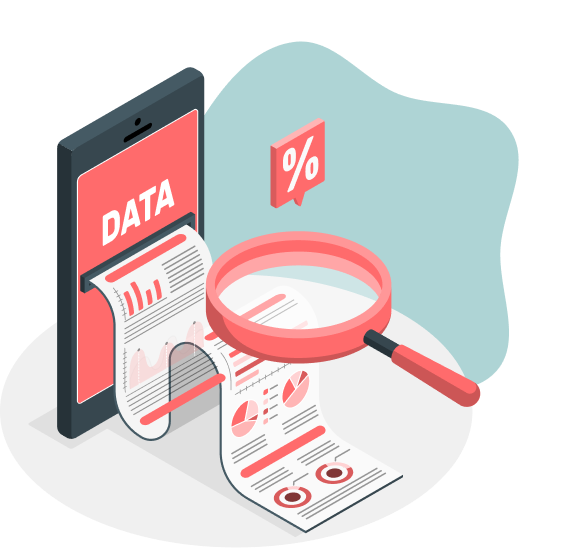The New Face of Sustainability in a Post-Global World
CONSUMER INSIGHTS
Trade is no longer frictionless, economic resilience is a top priority, and consumers are more sceptical and values-driven than ever. This doesn't just impact economics, but it has also reshaped the concept of sustainability at its core. Where individual action once dominated the conversation, today it's economic instability and resource access that are driving eco-urgency. Sustainability hasn’t lost its cachet, it has just simply evolved.

Sustainability is evolving, and fast. If you're a brand assuming that sustainability no longer matters to consumers, because your definition is still rooted in green logos, eco labels, and nature-first messaging, then you're already behind.
In our latest trend report, we explore how the concept of sustainability is being fundamentally reshaped by a new global reality, one defined by supply chain volatility, rising protectionism, and mounting resource insecurity. The globalised model that shaped the past few decades, built on open markets and international interconnection, is straining under the weight of geopolitical tension and economic instability.
As a result, sustainability has taken on new urgency, not as an ecological principle, but as a systemic, economic, and cultural force.
From Climate to Systems: The Shift in Consumer Priorities
For years, climate change and individual eco-behaviour (recycling, reusing, reducing) dominated sustainability discourse. But our latest trend analysis shows this focus is starting to shift.
What we’re seeing now is a rise in conversations around:
- Collective responsibility
- Supply chain visibility
- Systemic transparency
- Access to resources as a core risk factor
Consumers are asking harder questions. Not just what a product is made from, but how, where, by whom, and at what cost. The origin of materials, labour conditions, and carbon accountability have moved from back-of-pack fine print to front-of-mind priorities.
The global landscape has changed. Trade is no longer frictionless, economic resilience is a top priority, and consumers are more sceptical and values-driven than ever. In this context, two macro-trends are leading a radical shift in how sustainability is defined, discussed, and demanded.
Two Macro-Trends Defining Sustainability in 2025
1. The Wasteless Economy
Economic pressure is driving consumers away from excess and towards restraint. As a result, a growing number of people are embracing minimalism, not out of necessity, but as an aspirational value. They are buying fewer things, but better ones.
Durability, circularity, and thoughtful consumption, all core values of sustainability, now carry cultural capital in the current economic landscape. In retail, fashion, and food, we’re seeing major shifts towards modular design, smaller formats, and services like resale and repair.
The Wasteless Economy is both a financial strategy and an ethical stance, where quality, utility, and purpose outweigh novelty or scale.

No Buy 2025 is a viral movement encouraging consumers to rethink unnecessary spending in response to rising tariffs and economic uncertainty. It promotes mindful consumption and prioritising essentials over impulse buying, showing the shift to value, necessity, and sustainability.
Case Study
The textile-to-textile recycling sector is undergoing a strategic transformation that exemplifies the Wasteless Economy in action. After years of setbacks, 2025 marks a renewed push toward scaling circular systems that prioritise waste elimination, material longevity, and resource efficiency.
Companies like Circulose, Reju, Re&Up, and Unifi are shifting focus from high-volume output to precision, collaboration, and infrastructure resilience. Their efforts reflect a growing industry-wide recognition that true circularity requires stable feedstocks, smarter production, and shared risk across the supply chain.
Legislative pressure, via extended producer responsibility and environmental scoring, is accelerating adoption. This recalibration moves the industry away from cheap, short-term fixes toward long-term value creation rooted in sustainability, transparency, and systemic innovation.

US-based Unifi has recycled over 40 billion plastic bottles into its Repreve fibre and resin. (Credits: Courtesy of Unifi in Vogue Business)
2. The Imperative of Transparency
In a trust-poor environment, transparency is becoming non-negotiable. Vague claims of “sustainability” or “eco-consciousness” are no longer enough. People want proof — real data, traceable sourcing, and supply chain visibility that goes deeper than marketing copy.
Essentially, they want to see the receipts – raw material origins, labour conditions, carbon footprints, and more. Transparency has become the baseline, not a bonus. It's how consumers decide who to trust.
Whether it’s France’s legislation enforcing eco-scores for fashion or the rise of Digital Product Passports (DPPs) in retail, transparency is moving from trend to standard. For brands, this means rethinking operations, messaging, and compliance in a way that builds real accountability, not just optics.

France’s new legislation targeting ultra-fast fashion brands like Shein and Temu enforces mandatory eco-scores, environmental taxes, and advertising bans to drive greater supply chain transparency, turning sustainability into a legal requirement rather than a marketing claim (credit: REUTERS/Johanna Geron)
Case Study
The European Union’s Artificial Intelligence Act, which came into force in 2024, is the world’s first comprehensive framework for regulating AI, and at its core is a deep commitment to transparency and accountability. The law requires that high-risk and general-purpose AI systems disclose key information such as data sources, model training methods, and environmental impact.
The AI Act signals a shift towards traceable, verifiable technology development, ensuring that AI tools are not only ethically sound but also designed and deployed with ecological accountability in mind, from energy use to supply chain decisions. It reflects the broader move away from opaque innovation towards evidence-based, values-driven systems, a cornerstone of what modern sustainability now demands.

The steps under the new AI Act to evaluate AI tools and systems (credit: The European Commission)
What This Means for Brands
If your brand still associates sustainability with nature-first aesthetics or climate messaging from a decade ago, you are misaligned with the current reality. Today’s consumers are more discerning, data-literate, and politicised in their consumption choices.
They are watching. And more importantly, they’re choosing with intention and broadcasting those choices on social media.
To remain relevant, brands must move beyond intention and embrace evidence. This means investing in traceability, designing for circularity, and speaking with clarity rather than cliché.
Sustainability isn’t just about being “green”. In 2025, it’s about being clear, careful, and credible.
Trend lines, data, and information described in this article emerge from the ongoing analysis performed by Nextatlas on its global observation pool made of innovators, early adopters, industry insiders expressing their views on Twitter, Instagram, and Reddit.
To learn more about our AI, discover Nextatlas Methodology here
Related articles:
Italy
Torino - Via Stampatori 4, 10122(Operational headquarter)+39 011/0864065VAT number and registration number at the Registro delle Imprese di Cagliari: 03428550929 paid share capital € 167.740,00 — © 2024 iCoolhunt SpA.




